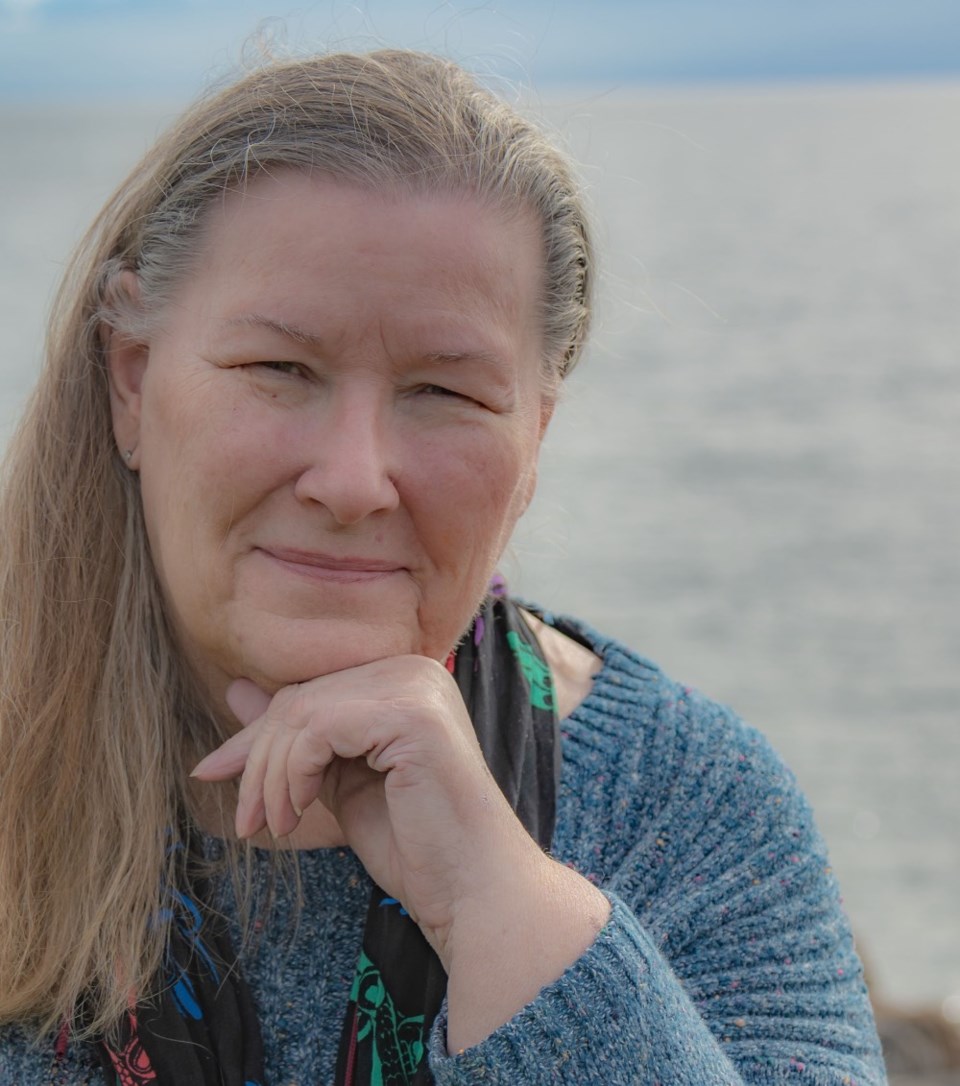In the last eight years I have been through a sequence of challenging life situations from home care and subsequent death of my husband, cancer, COVID and retirement. My response to radical events like these is to take action. The more demanding the situation is, the less I focus on how I am feeling about it and just get on with doing what must be done. After eight years of this, I finally hit a wall. Counselling helped me realize that my own wellbeing was slowly being eroded. I came to understand that each crisis added to the stresses of the ones before. It was the accumulation of them that became traumatic, wearing down my resilience.
I sought help from friends, clergy, counsellors and studied with grief and trauma experts. I learned that each one of us determines what is traumatic in our world. The healthy response to that trauma is to grieve. Successful navigation of grief involves acknowledging feelings, letting them be heard, validated and attended to.
Grief is a journey. There are many surprises along the way, often difficult, sometimes remarkable bringing new learnings and insights. Think of grief as a pathway. When the traumatic event hits we are thrust unwillingly onto this pathway. At first the path is narrow, the ground is bumpy, even muddy, threatening trees loom overhead and block the sun. Maybe there are thorny bushes or poison ivy close to our feet. It is unfamiliar, even terrifying. Maybe the path runs through a poppy field; we experience brain fog and fatigue. All we want to do is sleep. If lucky, we have guides and supporters along the way but maybe not. This is early grief.
Eventually the path widens, the trees are friendlier, the thorns give way to grasses; the poppies fade away. The terrors of early grief soften. Memory of the initial event never leaves us; we will never not be changed by it. There will still be bumps and circular side trails which pull us back into the initial pain of loss; memories of a life now changed. I call this transitional grief.
Finally, we are in a meadow. The sun shines, the breeze is warm, we can breathe. This is mature grief. It is the point when our energy returns. We will never forget, but now are able to replace the pain of loss into new purpose for a changed life.
How long does this journey take? It varies with each of us. It depends on how we feel about what has happened, whether or not our available resources can help us and how resilient we are. The event could be a job loss, the breakup of a relationship, death of a spouse, family member or dear friend. It could be a move, illness, estranged family or loss of community.
Grievers need people to walk alongside them, hold space with them. They want to talk about what happened and how they feel about it, even someone to just sit in silence with them. Sometimes just having the practicalities of living looked after can help, especially in the early stage. They may appreciate a meal or laundry service provided, being driven to appointments, a visit or phone call every few days at first, then weekly and monthly. They want to be remembered and supported.
Whether you are grieving or know someone who is, I wish you solace and healing in this journey
Cathy Carphin has a B.A. in Psychology, is certified as a Grief Educator and has trained in Polyvagal Theory and techniques. She facilitates individual and group discussions primarily centred around navigating the complexities of grief, trauma, and loss. Cathy is a writer, poet, and facilitator who lives in Victoria BC. More of her work can be read at . Cathy can be reached at [email protected].
You can read more on our interfaith blog, Spiritually Speaking at /blogs/spiritually-speaking
* This article was published in the print edition of the sa国际传媒 on Saturday, January 20th 2024



